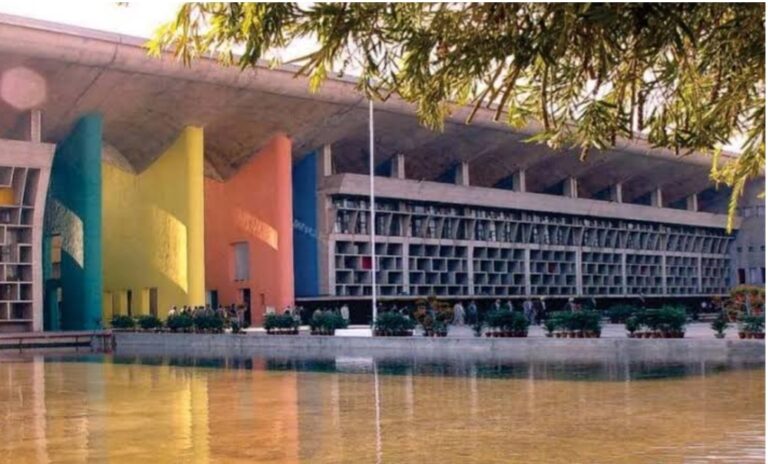In a significant ruling, the Punjab & Haryana High Court has held that a retired partner remains jointly and severally liable for the Goods and Services Tax (GST) dues of a partnership firm if the retirement is not formally intimated to the Commissioner within the statutory time limit. The decision, delivered in the case of Harvinder Singh vs. State of Punjab & Others (CWP No. 9172 of 2025), underscores the mandatory nature of compliance under Section 90(2) of the CGST Act. Despite retiring from the firm well before the tax default occurred, the petitioner was held liable for the firm’s outstanding GST dues, as he had failed to notify the Commissioner of his retirement within one month as required by law.
🧑⚖️ Case Title
Harvinder Singh vs. State of Punjab & Others
Punjab & Haryana High Court | CWP No. 9172 of 2025 | Decided on: 18.07.2025
📝 Introduction
The case deals with the liability of a retired partner under the CGST Act, especially in the absence of timely intimation of retirement to the GST Commissioner. The Court clarified the scope and effect of Section 90(2) of the CGST Act, holding that a retired partner continues to be liable for the firm’s tax dues unless the retirement is formally notified.
⚖️ Legal Background
Relevant Provision: Section 90(2) of the CGST Act, 2017
“Every person who was a partner of the firm at the time of such default shall, notwithstanding such retirement, be jointly and severally liable… unless he has intimated the date of retirement to the Commissioner in the prescribed manner within a period of one month from the date of retirement.”
📌 Facts of the Case
- Harvinder Singh retired from the partnership firm M/s Foreigners Auto Zone on 20 April 2021.
- The firm defaulted in paying GST dues amounting to ₹37.84 lakhs in April 2022.
- The petitioner’s land was attached under recovery proceedings in February 2025.
- Harvinder Singh argued that he was not liable as he had retired long before the GST default.
🧾 Petitioner’s Argument
- He had ceased to be a partner before the liability arose.
- The GST liability was incurred after his retirement.
- He relied on the retirement deed and claimed the firm was responsible for intimation.
⚖️ Court’s Analysis
- Timely Intimation Is Mandatory:
- The Court emphasized that intimation to the Commissioner is a statutory requirement, not a procedural formality.
- Harvinder failed to intimate the Commissioner within one month, as mandated.
- Continued Liability Until Intimation:
- As per Section 90(2), the partner remains jointly and severally liable until the Commissioner is formally informed.
- Harvinder uploaded the retirement information only in February 2025, nearly 4 years late.
- Responsibility Cannot Be Delegated:
- The burden to intimate lies with the retiring partner.
- Harvinder’s claim that others were responsible for updating GST records was rejected.
- No Procedural Lapse by Department:
- The recovery and attachment proceedings were valid and within legal bounds.
✅ Decision
- The writ petition was dismissed.
- The Court upheld the recovery proceedings.
- It advised the petitioner to seek alternate remedies, such as appeal under Section 107 of the PGST Act.
🧠 Key Takeaways
| Point | Implication |
|---|---|
| 🔔 Timely Notification to Commissioner | Mandatory under Section 90(2) to escape future liability. |
| 👥 Joint and Several Liability | Continues until formal retirement intimation is filed. |
| ⚠️ Delay = Continued Exposure | Delay in filing intimation = personal exposure to tax recovery. |
| 🛑 Retirement Deed ≠ Official Intimation | Legal documentation of retirement is not sufficient unless notified to GST authorities. |
